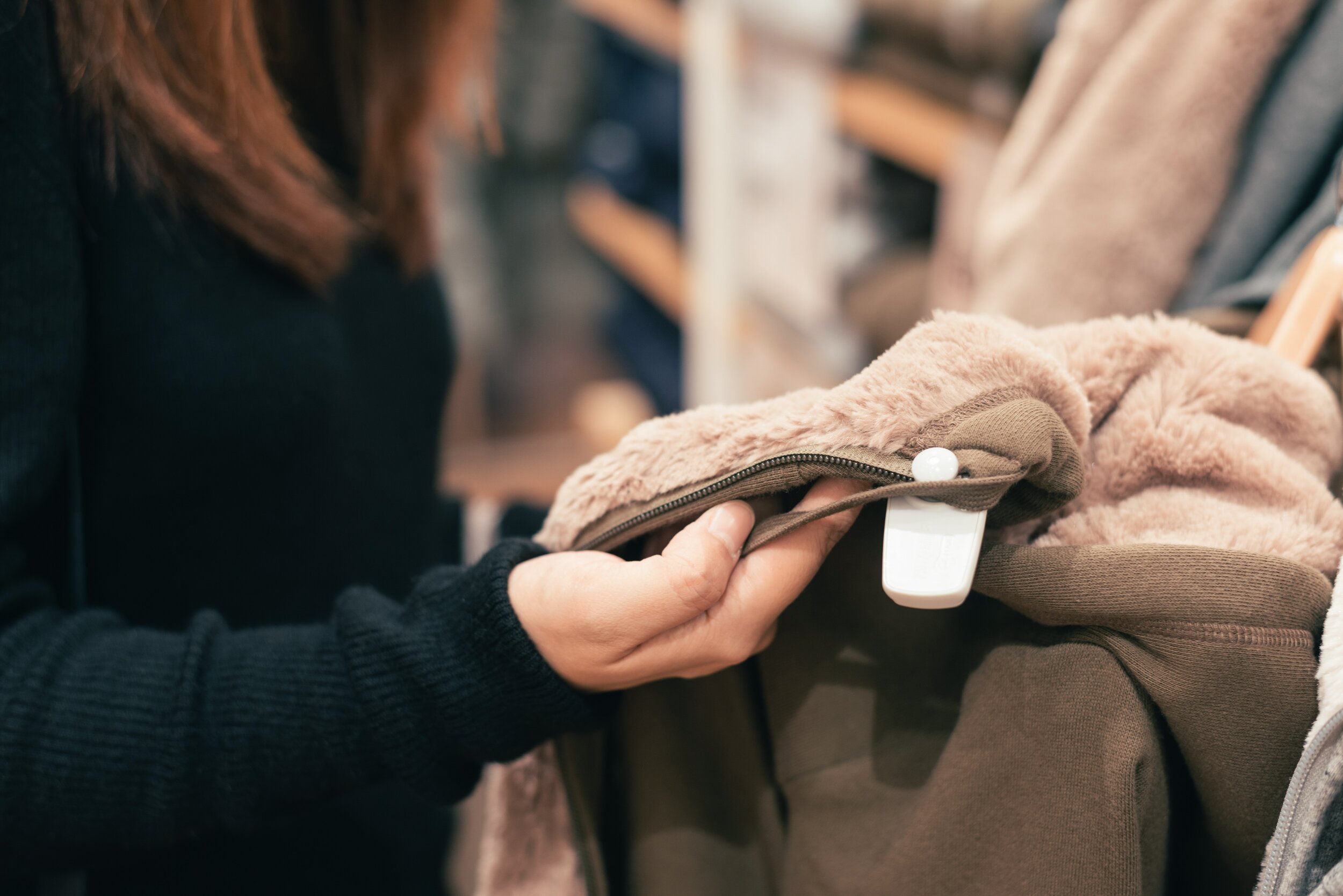Most Asked Laundry Questions Answered !
1) Should I wash new clothing before wearing it ?
Yes, it’s a good idea. Before showing off that new top, you might want to run it through the washer. Otherwise common additives may put you at risk for contact dermatitis, says Hilary Baldwin, a New York City dermatologist. A prewear wash also prevents excess dye from staining skin or other fabrics, like upholstery. It’s particularly wise to clean intimates, like lingerie and swimsuits, before wearing them. “Although it’s rare, you could catch scabies or crab lice from others who have tried the garments on,” says Carolyn Jacob, a dermatologist in Chicago. Rinse these items in very hot water and hang them to dry (this won’t damage the fabric) before putting them on for their big debut. -Sarah Smith
2) How do I keep black clothes black ?
Don’t wash them (as much). If you primarily wear your black clothes indoors―in an office, for example―you can get away with wearing them four or five times between washings. A purse-size bottle of OxiClean Spray will help you spot-treat stains (blot; don’t rub) and avoid excessive washings. To eliminate chalky marks from makeup, deodorant, or powder, try a dry sponge .
When you are ready to do a load of laundry, turn the pants inside out to minimize color loss caused by the friction from rubbing against other clothes, then choose a short, delicate cycle. “The colder the temperature, the better, since warm water tends to break down fibers and fade clothes faster,” says Steve Boorstein, author of The Clothing Doctor’s 99 Secrets to Cleaning and Clothing Care. A specialized detergent for cold-water loads, such as Tide Coldwater, helps neutralize the color-sucking chlorine that can be found in tap water. Then hang or lay the pants flat to dry; don’t throw them in the dryer. And the next time you’re in the market for black trousers, look for a fabric that retains dark dyes, like a washable wool blend or nylon, as opposed to acetate or linen.
3) How do I keep white fabrics white ?
First, determine whether the stain is oil- or water-based. Water-based stains include most beverages, like juice and wine. These may seemingly disappear into your clothing, but a water-based stain will usually leave a slight ring around the stain as it absorbs into the fabric. Oil-based stains come from items like salad dressing and perfume and are more evenly absorbed into the fabric.
Water-based stains should be washed within one to two days of the spill. If you don’t notice it until the stain has turned yellow.It is recommended to soak the garment in four inches of warm water mixed with either OxiClean Versatile or a color-safe bleach for about 30 minutes, or until the stain disappears. For more options, see our round-up of the best laundry detergents.
Oil-based stains are trickier to remove, so leave them to a professional. The sooner you take in the clothing, the better. And be sure to confirm that the dry cleaner can remove oxidized oil stains (a process not all cleaners perform). -Melanie Wagner
4) What’s the best way to clean gym clothes?
With a bit of preventive care and the right detergent, you can cure the stench―and even keep it from festering in the first place. After a workout, give clothes a quick rinse in a sink; wring them out to remove as much water as possible, and stow them in a large plastic bag before putting them in your gym tote. Since the confined compartment of a tote can breed smelly bacteria, take the dirty clothes out as soon as you get home and wash them according to the label directions. Steve Boorstein, president and founder of Clothingdoctor, recommends using the hottest water temperature that your gear can handle, along with an enzyme-formulated detergent, such as 2X UltraTide. “The active ingredients will effectively break down protein-based stains, like perspiration,” says Boorstein. If you still detect an odor, then the problem could be the clothing itself. Try wearing more-natural fabrics, such as cotton blends, whose fibers release odors more easily than synthetics do. ―Elinor Smith




